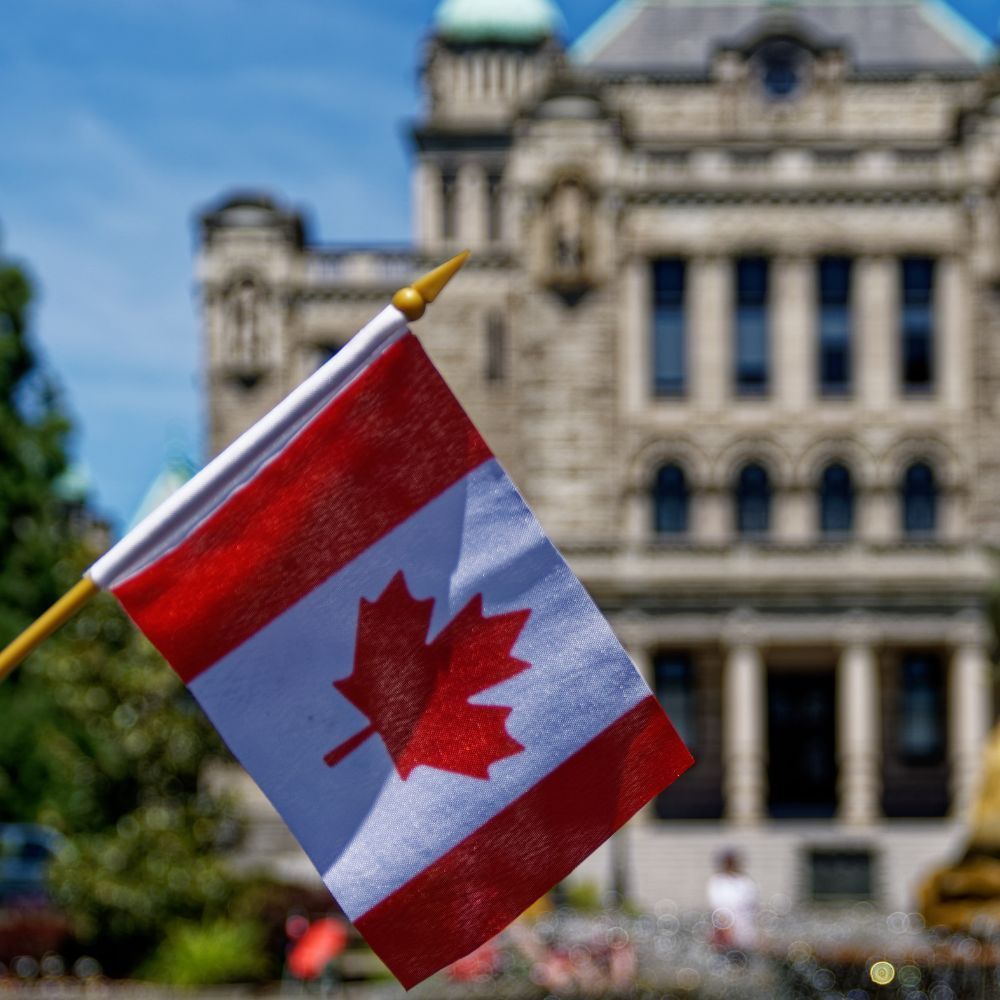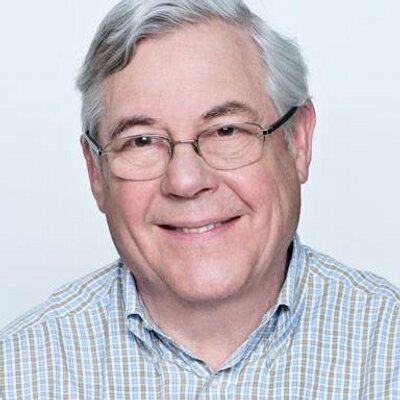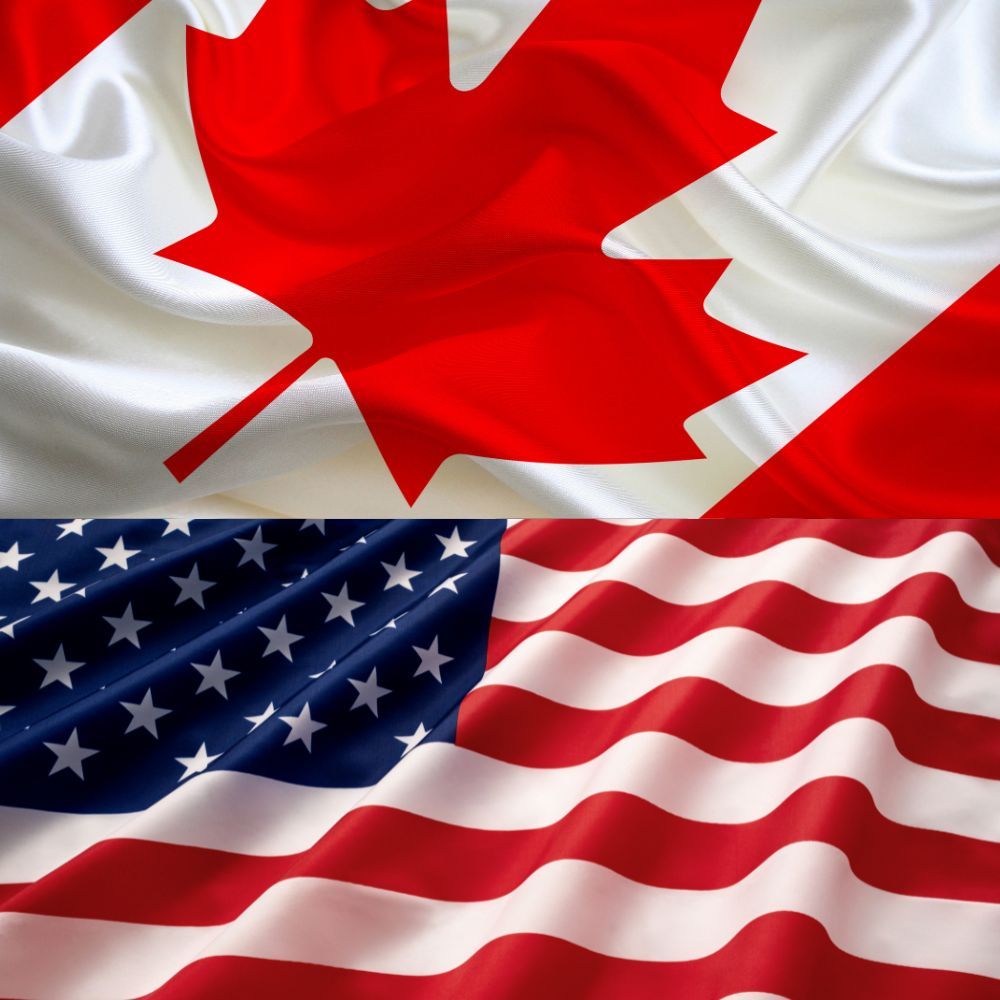What new leadership should look like for Failing Liberals
Most Ottawa watchers have thrown up their arms in disgust with the all too obvious leadership mismanagement in the appalling chaos of the last few days: the dismissal of one of Canada’s most respected Ministers and deputy Prime Minister Chrystia Freeland
over basic disagreement over economic policy, then her resignation. The shameless offer of the Finance post to Mark Carney – obviously turned down. Then her very damaging resignation letter the day she was supposed to unveil her economic update. And an invisible Prime Minister now considering his future with his caucus support imploding. His future is now the issue, as parliament adjourns with the government’s future in severe jeopardy.

This unprecedented weakness in the Trudeau minority government, and the base and angry polarized political discourse, makes one wonder what kind of Canada we have become, and what do we have a government for? It clearly has not served our economy or its anxiety ridden citizens, or given them hope or confidence for many months. We also face the nastiest election ever in Canadian history with apparently deep divisions about the kind of nation we should have. And a severe threat to a divided weakened nation from the incoming President. This without a clear path to change and renewal of the Liberal party, and a disliked and feckless opposition leader showing few signs of strength to seize important national and international policies.
For the first time there are signs that Trudeau may make way for a leadership change. There are strong contenders, not the last, Freedland herself, who will run again and has shown a taste for the big job. It’s predictable that Carney has no desire to join what seems to be the failing party. And given the wide public distaste for the Liberals, it would take a major new powerful leader to reverse its fortunes. Perhaps the Trudeau pal, the very politically sage Dominic LeBlanc.
What might a totally renewed Liberal leadership look like? One thing is certain. Canadians need a new and robust belief in the country. Pride in Canada dropped from a high of 78 per cent in 1984 to just 34 per cent this year, according to a recent Angus Reid poll. Little surprise, given that Trudeau once said that Canada had no national identity, and played to the country’s particularisms. This lack of belief in one’s country is particularly evident among young people. And much is due to the inability of the government to speak to their needs and concerns. It is the
young who celebrate our evident sports and music accomplishments, not our leaders.
Is there a politician capable of reigniting national pride and confidence? One might also ask if Trudeau decided to stay, if he has the rhetorical chops to reinspire Canadians? Unlikely, but something he may be considering. In any case, it’s a tall order, but perhaps the only way the country could be lifted to trust that a new and strong nation could be rebuilt; that there is a politician who puts the nation, not himself, or herself, first. I really believe we are tired of being told our country is broken, and that we have to keep apologizing for past errors and have little in our past to be proud of. The world outside is indeed a fearful one, and some of our most cherished values are being questioned in many countries. Trump’s insanities contrast with our relative stability, and respect for law and order and the caring society we have built. The Canadian spirit is cautious, observant and critical, where the American is assertive. One reason is that many are turned off by the constant negativity of Poiliviere. We celebrate and value diversity and welcome immigrants. Reducing their numbers does not reduce the value we put on our multicultural society. And however difficult it becomes, we are committed to reducing the number of assault weapons that produce such regular horror south of the border.
We may be more politically divided than ever, in a partisan sense, but if someone can rally us to the values we share and show us that Canada’s most valued institutions like universal health care can be improved, he or she will be listened to. Trudeau might look at the lines at the bottom of the his father’s Charter document for inspiration: “We must now establish the basic principles, the basic values and beliefs which hold us together as Canadians so that beyond our regional loyalties there is a way of life and a system of values which make us proud of the country that has given us such freedom and such immeasurable joy.” This is a worthwhile strategy for some leader to consider. There are positive signs. Our indigenous people, especially their leaders and creators, are being appreciated and heard as never before. And this should be celebrated. We are acutely aware of racial issues and working hard so that the egalitarianism promised by the Charter is evident in all our dealings with each other. This all sounds like some sort of dream of a latter-day Canadian Roosevelt, I know. But surely anyone who wants to lead this country must be fundamentally committed to its core values that unify us all, and commit to new ways of institutionalizing them. Hope springs eternal, and out of the recent chaos new leadership and a strong new Canada might just emerge.
Patrick Gossage Insider Political Views




